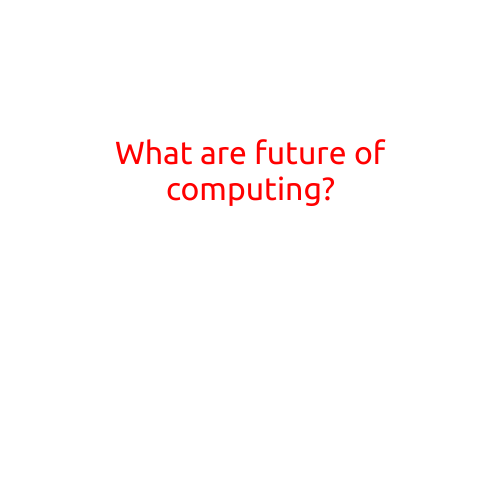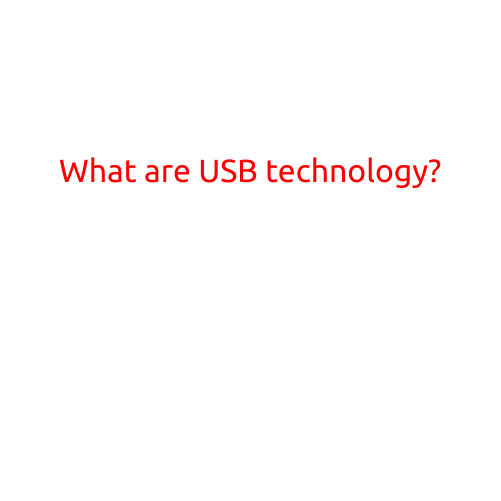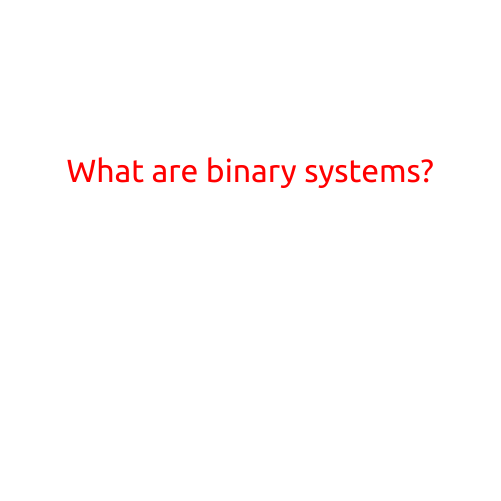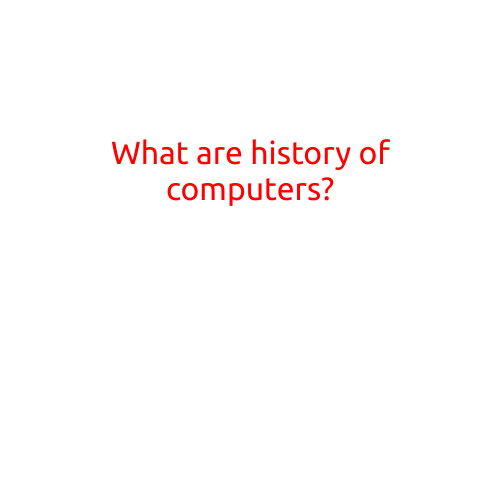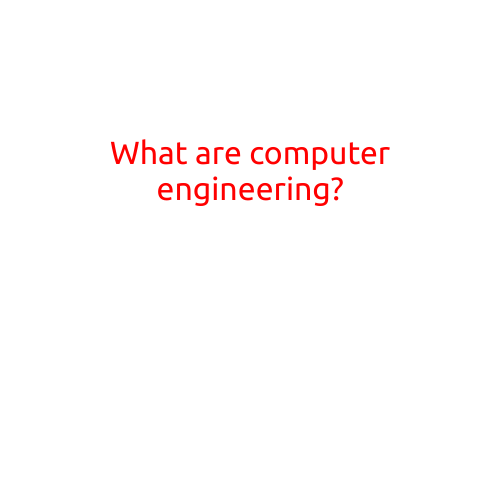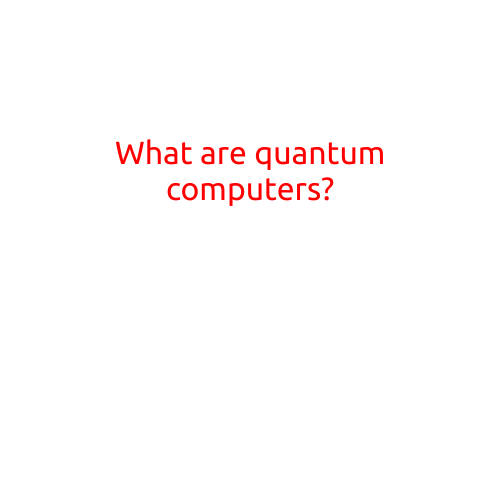
What are Quantum Computers?
In recent years, the term “quantum computer” has become a buzzword in the world of technology, promising to revolutionize the way we process information and solve complex problems. But what exactly is a quantum computer, and how does it differ from the classical computers we’re familiar with?
The Basics of Classical Computing
Before diving into the world of quantum computing, let’s quickly review how classical computers work. A classical computer uses “bits,” which are basically tiny switches that can be either 0 or 1. These bits are combined to create binary code, which is the language that computers understand.
Classical computers use algorithms to process this binary code, performing operations like addition, multiplication, and logical operations. They can store and retrieve information using memory devices like hard drives, which contain millions of tiny magnetic fields that can hold 0s and 1s.
The Power of Quantum Computing
Quantum computers differ significantly from classical computers. Instead of using bits, they utilize “qubits” (quantum bits), which are fundamentally different from classical bits. Qubits can exist in multiple states simultaneously, known as a “superposition.” This means that qubits can represent both 0 and 1 at the same time, allowing for exponentially more calculations than classical computers.
Qubits are also “entangled,” meaning that their properties are connected in such a way that if one qubit changes state, the other qubit will instantaneously change as well. This phenomenon, known as quantum entanglement, enables qubits to perform calculations that are impossible for classical computers.
Quantum Computing: The Advantages
So, what advantages do quantum computers offer compared to classical computers? Here are a few:
- Faster calculations: Quantum computers can solve certain problems much faster than classical computers, thanks to their ability to process vast amounts of data simultaneously.
- Simulation: Quantum computers can simulate complex systems, allowing for breakthroughs in fields like chemistry and materials science.
- Encryption: Quantum computers can break down encryption methods that rely on classical algorithms, but they can also create unbreakable encryption methods, making them a crucial tool in modern security.
The Challenges and Limitations
While quantum computers hold tremendous promise, there are significant challenges to overcome:
- Error correction: Quantum computers are prone to errors, which can be difficult to correct. Developing robust error correction methods is a major challenge.
- Scalability: Currently, most quantum computers are small-scale and can only be used for limited tasks. Scaling up to larger systems that can handle complex problems is a major hurdle.
- Noise reduction: Quantum computers are sensitive to noise, which can disrupt their operation. Reducing noise levels is essential to achieving reliable results.
The Future of Quantum Computing
As scientists and companies continue to push the boundaries of quantum computing, we can expect to see significant advancements in the coming years. Applications will range from optimizing business processes to simulating complex systems in fields like medicine and climate modeling.
While we’re still in the early stages of quantum computing development, the potential benefits are unparalleled. As researchers overcome the challenges and limitations, we can expect quantum computers to revolutionize the way we live, work, and solve complex problems.
Conclusion
Quantum computers are a new breed of computing technology that has the potential to transform the way we think about information processing and problem-solving. With their ability to perform calculations exponentially faster and with greater accuracy than classical computers, quantum computers are poised to make significant impacts in a wide range of fields. As we continue to advance the technology, we can expect to see innovative applications, new industries emerge, and a Paradigm Shift in the way we live and work.
